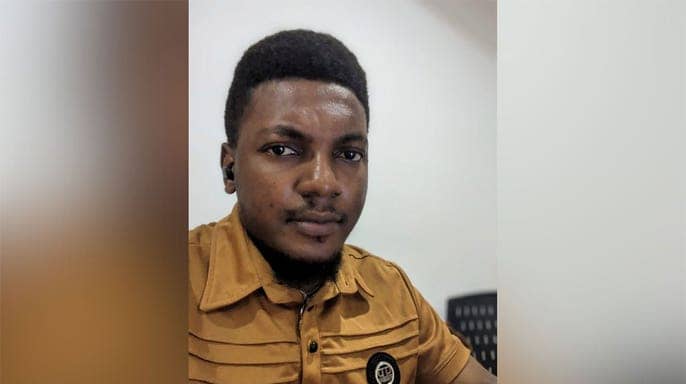
The arrest of Daniel Ojukwu, a journalist with the Foundation for Investigative Journalism (FIJ), has ignited fresh concerns about the deteriorating state of press freedom in Nigeria.
Ojukwu was detained last week in Lagos and held under the Cybercrime Act, a law frequently criticized for being used to silence critical voices.
This incident comes after Ojukwu published a report alleging financial impropriety by a high-ranking government official.
The authorities have not disclosed the specific charges against Ojukwu, but rights groups believe his arrest is a blatant attempt to intimidate investigative journalists.
“The arrest of Daniel Ojukwu is a direct attack on press freedom in Nigeria,” said Adeola Sowemimo, director of Media Rights Agenda, a Nigerian press freedom organization.
“The Cybercrime Act is being weaponized to silence journalists who dare to hold powerful people accountable.”
Ojukwu’s case has garnered significant attention, with journalists, activists, and media organizations across the country condemning his arrest.
Social media has been flooded with calls for his immediate release, with the hashtag #FreeDanielOjukwu trending nationwide.
Nigeria has a long and troubled history with press freedom.
The country consistently ranks low in international press freedom indices, with journalists facing harassment, intimidation, and violence. The Ojukwu case is seen by many as a worrying sign of a further crackdown on independent media.
“This is not just about Daniel Ojukwu,” said FIJ editor Fisayo Soyombo. “This is about the right of all Nigerians to access independent information. We will not be silenced.”
Ojukwu remains in detention as of today, May 9th, 2024.
His case is expected to be heard in court soon, and the outcome will be closely watched by those concerned about the future of press freedom in Nigeria.

